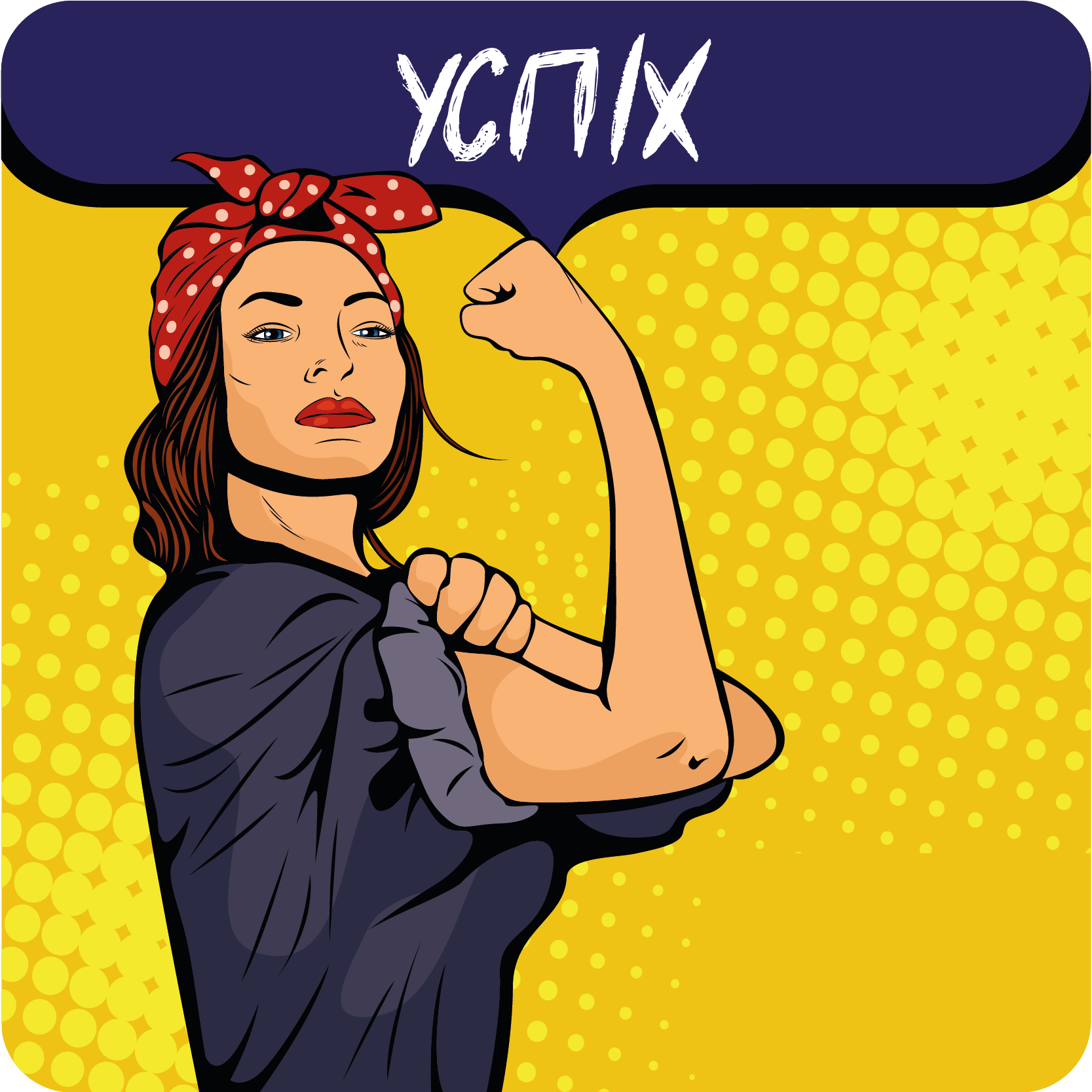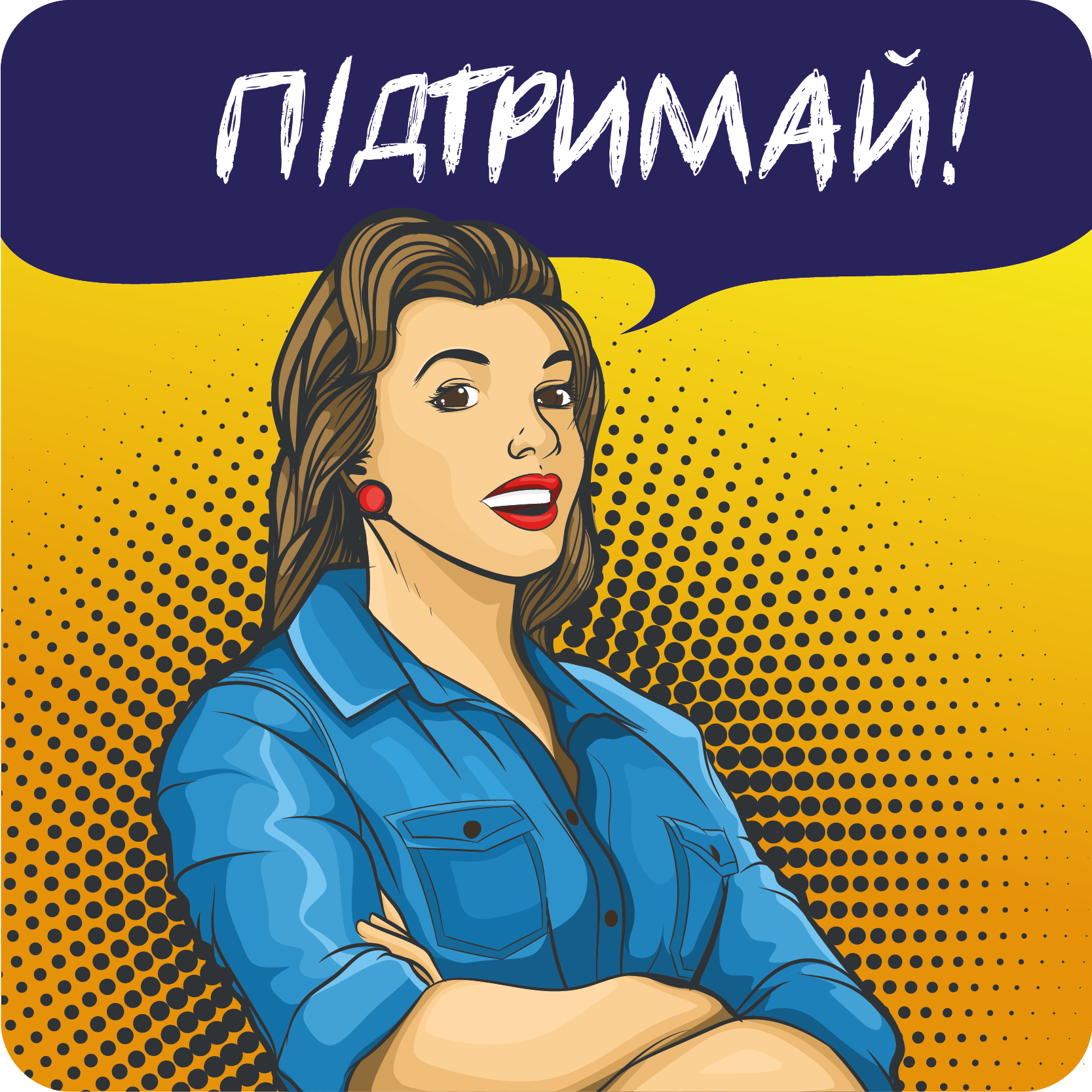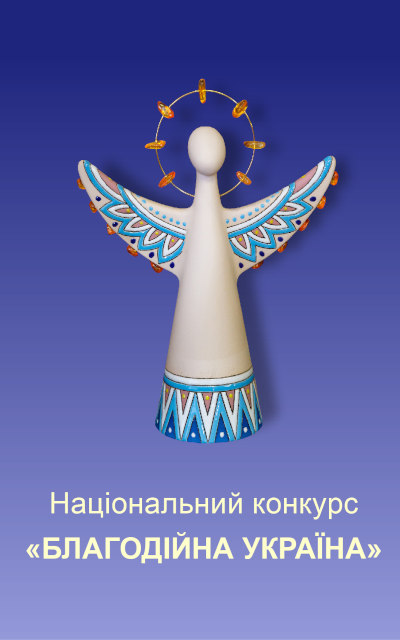


Міжнародний вокршоп «Уявна географія Центральної Європи. Прямуючи до сучасної політики локалізації»
23.12.2015
The Slavic Department at University of Tübingen is pleased to announce «Imagined Central European Geographies. Towards the Contemporary Politics of Location», an interdisciplinary workshop for graduate students.
Tübingen, April 29th − May 1st 2016
Keynote speakers:
Prof. Tamara Hundorova, Chair of the Department of Theory of Literature, Shevchenko Institute of Literature of the National Academy of Sciences of Ukraine; Prof. Dirk Uffelmann, Professor of Slavic Literatures and Cultures, Universität Passau (Germany)
The aim of this workshop is to reconstruct the way that literary figures are positioned, located, ranked within a hierarchy and subordinated within contemporary spatial narratives of Central Europe. The region is not only a space “in-between” (that is, neither East nor West) but it also represents a physical playground of current political and ideological struggles. The years 2004 and 2007 are particularly relevant because although Central and Western Europe were symbolically reunited a new stress was simultaneously developing on the borders of countries such as Ukraine, Belarus or Moldova.
We are interested in contemporary narratives that explore the spatial-temporal dimensions of physical Central European borderline regions (such as Lower and Upper Lusatia, Lower and Upper Silesia, Těšín, Silesia, Spiš, Masuria, Galicia, or Bukovina) and or that re-consider the existing frameworks of understanding spatial entities in Central Europe (such as the former ghetto district in Warsaw). Our aim is to track how borders in Central Europe have been and continue to be re- and deconstructed. We will focus on the emancipation of minority groups (including aspects such as gender, class, sex, age, race, and ethnicity) within the context of the construction of imagined spaces. Additionally, we will consider the role of history in such processes, for example the extent to which macro- and microhistories are being (mis)used to establish identities.
4 Discussion Panels:
1. Literature and Its New (Old?) Social Role. Politics of Memory
Literature in Central Europe played a vital role in forming national and ethnic identities, and has been frequently utilized to justify political positions.
Issues:
- The social and political role of selected literature
- Storage of memory and preserving the past for the future
- Positioning oneself within the established historical discourse (how and to what extent the con-temporary narratives follow, develop, reformulate, reject the discourse)
- Memory canon: how it is being reformulated in contemporary literature
2. Idealisation of the (Imagined) Past
By allowing individuals to independently interpret facts, nostalgia creates another version of history. Nostalgia can also lead to the transformation of the meaning of widely accepted facts.
Issues:
- To what extent do nostalgia and idealisation of the past legitimize dominant discourses?
- How do the objects of nostalgia (such as pre-war, war, post-war, communist, post-communist spaces) obtain new meanings?
- Which spatial-temporal phenomena have become new objects of idealisation in recent times?
3. Counter-discourses
The process of forming collective identities can be conceptualized as a set of negotiations between differently embodied subjects. In recent years a plethora of rising minority discourses (including ethnic,national, sexual, gender, religious) against the dominating discourses can be ob-served.
Issues:
- Spatial narratives and counter-discourses as a repetition of the established schemas
- Which aspects of the dominating discourses do counter-discourses actually criticise?
- Can the antifeminist backlash be combined with counter-discourses in spatial narratives?
4. Different Modes of Voice
We are also interested in formal issues as they also transport meaning
and are able to provide alternative perspectives. Questions such as
nostalgia, memory, or identity appear not only in prose, but are also
prolifically discussed in contemporary literary journalism, drama and art.
Issues:
- How do narrative tools construct new social imaginaries?
- Do authors develop new forms of narration and expression which exceed existing genre limits?
- Which roles interact with the potential transgression of genre boundaries?
- Which new roles play polyphony of narration, silence, grotesque, parody, or dialogue?
Organization Details
PhD and M.A. students will be given priority to participate in the workshop. As the focus of our interest is literature, we will primarily address the representatives of disciplines such as national literature studies (German, Polish, Czech, Slovakian, Hungarian, Ukrainian, Romanian philology among others) and comparative literature. However, we would also be eager to work with the representatives of history,politics and cultural studies. The participants will be asked to prepare a short presentation (15-20 min.) that has not been previously presented/published before.
The official start (opening + keynote lecture I + panel I) will take place in the Friday evening, which will make an immediate start the next morning (Saturday) possible. For Saturday evening we plan to have a panel discussion. The last panel and the final discussion are planned for Sunday morning.
The participation in the workshop is free of charge. The accommodation (2 nights) and catering in Tübingen for the workshop time is provided by the workshop organizers.
Application
Please submit a 300-word abstract (+ panel you are interested in) and a brief bio to [email protected] by January 31st, 2016. Replies will be sent out by mid-February, 2016.
Контакти
- The ICEF Higher Education Workshop
- [email protected]
- http://www.icef.com/en/








Коментарі